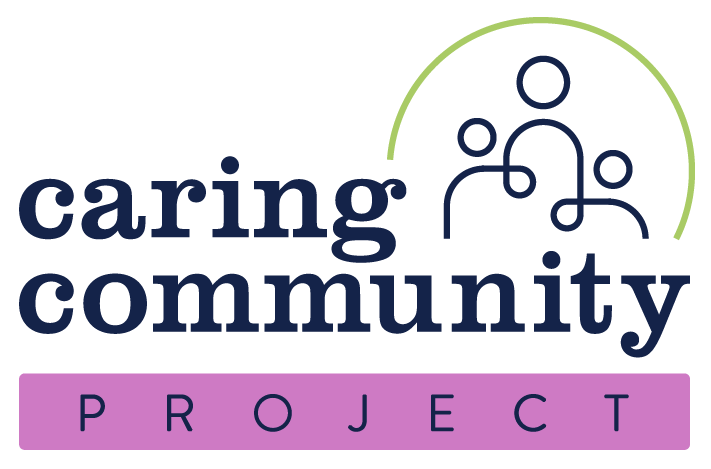Understanding and Managing Emotions
How you feel can affect your ability to carry out everyday activities, your relationships, and your overall mental health. How you react to your experiences and feelings can change over time. Emotional wellness is the ability to successfully handle life’s stresses and adapt to change and difficult times (NIH). Click here to access a quick mental health toolkit for tips on maintaining emotional wellness (available in English and Spanish).
Resiliency
Resilience is the ability to adapt to difficult situations. When stress, adversity or trauma strikes, you still experience anger, grief and pain, but you're able to keep functioning — both physically and psychologically. However, resilience isn't about putting up with something difficult, being stoic or figuring it out on your own. In fact, being able to reach out to others for support is a key part of being resilient (Mayo Clinic).
Below are some resources to help start a conversation on emotions, understand our brain’s physiological responses, and how to move toward resilience.
How Stress Affects Your Brain (TEDEd - short animated educational video)
Message: Stress isn’t always a bad thing; it can be handy for a burst of extra energy and focus, like when you’re playing a competitive sport or have to speak in public. But when it’s continuous, it actually begins to change your brain. Madhumita Murgia shows how chronic stress can affect brain size, its structure, and how it functions, right down to the level of your genes.You are Not Your Thoughts (Teens: About Kids Health, Canada - short animated educational video)
Message: This video explains some of the things you can try when you feel overwhelmed by your thoughts. After the video, take a few moments to observe your thoughts with curiosity, paying attention to how each one makes you feel. Paying attention to your thoughts and sorting through them takes practice and patience.Boundin’ (Pixar - animated short film)
Message: Developing resilience. While adverse life changes can be upsetting and make you feel vulnerable, you can learn to adapt and deal with the difficulties that change can bring. One strategy is to recognize that change is often cyclical, and that you can develop the ability to bounce back.
